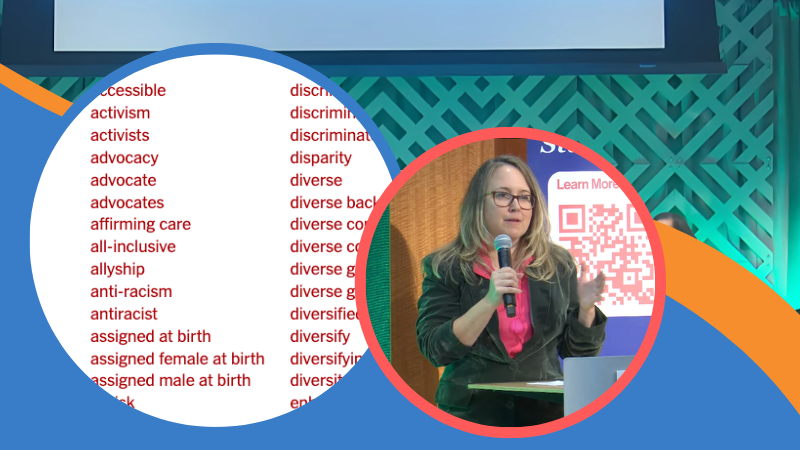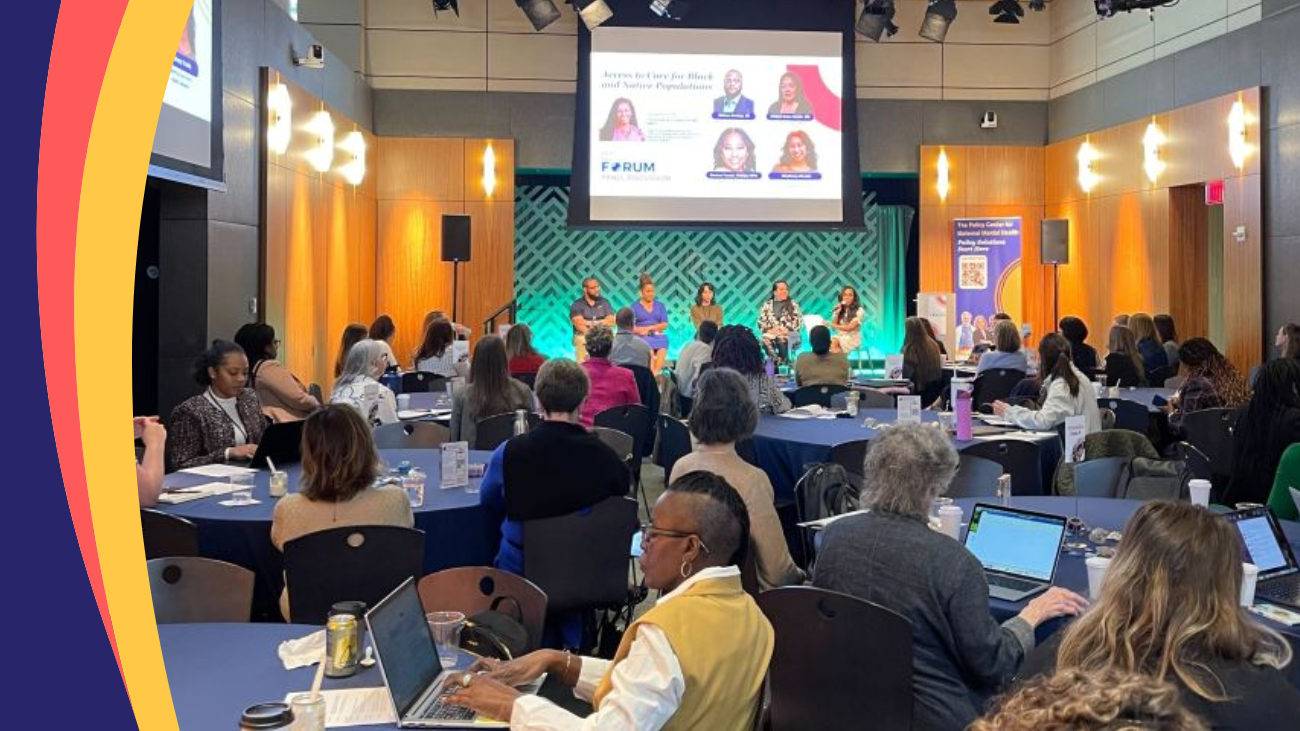Throughout the FORUM and, in particular, during a panel moderated by Julie Rover of KFF’s “What the Health Podcast,” the threat to Medicaid was discussed. Among the panelists was Elisabeth Wright Burak, a senior fellow at the Georgetown Center for Children and Families, who warned that there is no way that the Republican-controlled U.S. House of Representatives can cut $880 billion without cutting Medicaid.
This week, the Senate’s budget proposal was unveiled and it aims to address the national deficit by directing several Congressional committees to reduce spending, including the Health Committee. The resolution doesn’t detail cuts to programs like the House version does (proposing $880 billion be cut by the committee that oversees Medicaid). However, Senator Bill Cassidy, MD of Louisiana, who chairs the Senate committee addressing health, shared this week that cuts to the Medicaid and Medicare programs would not apply to benefits, but instead would target the administration of them. Others, including Republican Senator Susan Collins, are raising alarms about how the Senate resolution supports doing this without impacting benefits. “I’m concerned about the instruction to the House Committee for $880 billion, it’s the Energy and Commerce Committee in the House, which has jurisdiction over Medicaid, because I don’t see how you can get to that amount without cutting Medicaid benefits,” Collins told reporters.
Once the Senate resolution passes, it will go back to the House for a vote, where it is expected to pass. Then lawmakers will draft the full budget reconciliation bill package which Republican leaders are hoping to finalize by Memorial Day. It is going to take Republicans hearing from their own voters about their fears of Medicaid cuts leading to poor health outcomes for family/friends, overcrowded ERs, and closures of hospitals that won’t be able to keep their doors open without payments from Medicaid.
However, there are some people who believe Medicaid hasn’t served the perinatal population well. At the FORUM we met with Veronica Adamson, who believes this is the case. We unpacked her opinion article in Harvard Public Health, titled “How to reverse the decline in U.S. maternal health” in which she calls out that it’s time to consider an alternative – a nationwide managed care program for pregnancy, birth, and infant care – which she calls, “Medi-Mom.” In her article, Ms. Adamson explains “Medi-Mom would hold providers accountable for outcomes, promote modern technology to lower costs and improve quality, and enable access to all through public funding or private pay. It would operate similarly to Medicare Advantage plans that provide coverage to seniors through private insurance. Medi-Mom would hold providers accountable for outcomes, promote modern technology to lower costs and improve quality, and enable access to all through public funding or private pay. It would operate similarly to Medicare Advantage plans that provide coverage to seniors through private insurance.”
Like Ms Adamson, Dr. Mehmet Oz is also a proponent of Medicare Advantage, and he was confirmed this week to lead the Centers for Medicaid and Medicare Services (CMS). His appointment raises questions about whether ideas like Medi-Mom could gain traction under his leadership.
Though I am a very strong proponent of the Medicaid program primarily because it is the only semblance of infrastructure we so desperately need in U.S. healthcare, I also believe the maternal health field needs to be well-positioned to consider proposals like Medi-Mom, should the number of people eligible for pregnancy Medicaid or its benefits fall or be cut altogether.
For now, people should contact their members of Congress to express any concerns they have over Medicaid cuts. As we know, the devil is in the details and things can change on a dime on Capitol Hill.
Please share your thoughts by emailing us at [email protected]
Look for the third of my four-part “Afterthoughts” blog series next Friday.



